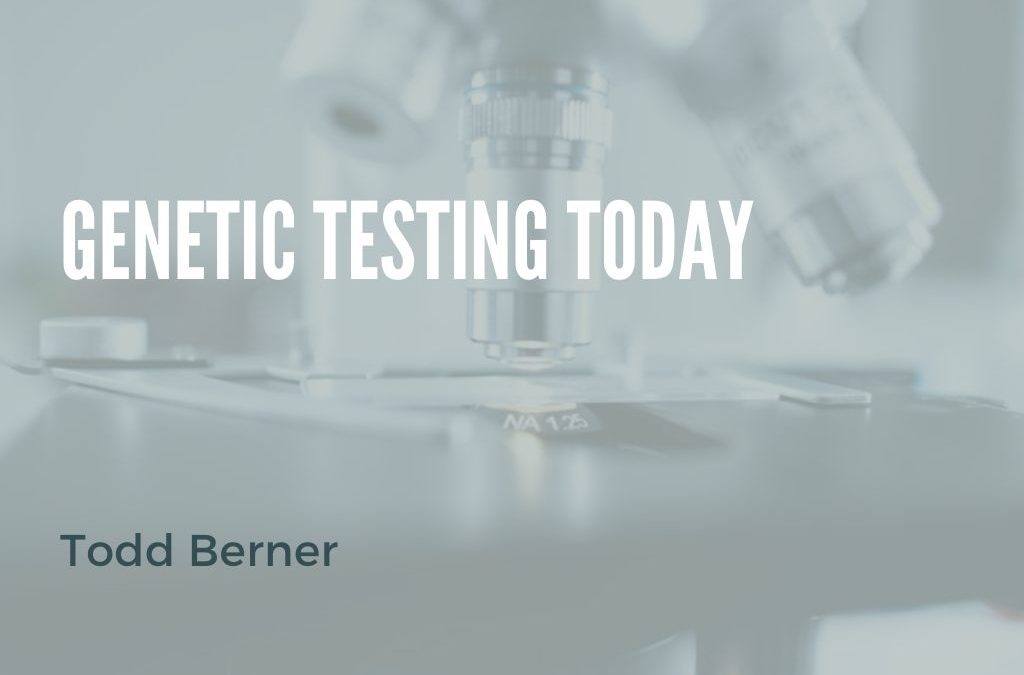When looking to identify a genetic disease, genetic testing serves as a valuable practice that can highlight factors that may have previously gone undetected. In some regards, genetic testing is still in development, as the practice continues to advance with each passing year, but its applications in the medical field are promising.
Though the practice can be rather complex, genetic testing searches for genetic abnormalities and mutations that could contribute to the contraction or development of a disease. In pursuing this information, medical professionals are better able to detect, treat, and even prevent harmful diseases and thereby improve the quality of their patients’ lives.
How Are Genetic Tests Used?
Utilizing genetic testing in the diagnosis can allow medical professionals a deeper, more specific look into the patient’s condition. Doctors often use genetic testing to screen embryos and fetuses for genetic diseases, identify any potential for diseases that could be passed onto children, and determine the best treatment options for a specific individual.
For patients, undergoing genetic testing can help them think about the future regarding family expansion, insurance plans, and estate planning.
What Kinds of Genetic Tests are Available?
While there are more than 1000 genetic tests available, some are more popular than others. Three kinds of genetic tests include molecular genetic tests, chromosomal genetic tests, and biochemical genetic tests. These tests are different because of how they are used to screen an individual’s genetic material. A molecular genetic test, for example, assesses individual genes or short strands of DNA for mutations or abnormalities that would contribute to a genetic disorder; alternatively, a biochemical genetic test takes into account any abnormalities in an individual’s protein volume or activity levels that could cause a genetic disorder to develop.
Additionally, there are many kinds of genetic tests that vary based on their intention. Many genetic tests are used to diagnose and treat certain medical conditions, but they can also be used to identify factors that could contribute to the development of a genetic disease. Beyond these applications, genetic testing can determine which medicines work best with a patient’s body based on their genetic makeup, and it can also help medical professionals identify any carrier genes that could be passed onto their children even without the individuals in questions presenting symptoms themselves.
Almost all genetic testing can be used to better the medical community’s understanding of human DNA and genetic diseases, but genetic testing used solely for the purpose of collecting data is known as research genetic testing. Naturally, such screenings can also benefit the individuals should their tests reveal any pertinent information relating to their health.
Genetic testing is a rapidly advancing practice that has become recognized as a valuable tool in the medical community. Knowing what tests are available and how they can improve medical practices can give medical professionals an edge in their work while also providing a higher quality of service to patients.
